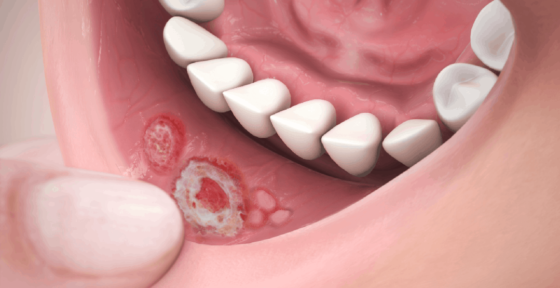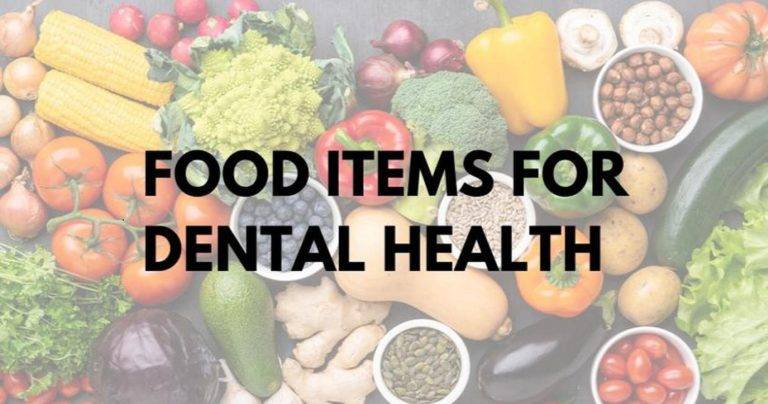It’s a well-known truth that what we eat directly impacts your health, and that includes your dental health. If you are wearing any appliance such as orthodontic braces, or have had certain dental problems or procedures, the health and comfort of your teeth and gums can directly impact what you eat.
Here are some amazing tips for what to eat and how to dodge these common dental issues.
What to eat if you have –
- Braces or Orthodontic Treatment
Braces are delicate, and any foods that are sticky, chewy or hard can easily harm them, including:
- Ice
- Nuts
- Popcorn
- Hard candy
- Gum
- Chewy candy-like caramel or gummi bears
- whole hard fruits like pears apples and raw veggies like carrots and Cucumber.
- Corn on the cob
- Hard pretzels
- Peanut brittle
- Pizza crust
Any food that you require to directly bite into causes breaking braces. You can avoid this by cutting the food, such as corn off the cob or slicing apples, Pears, and chopping carrots into small pieces.
You may also find problems eating after your braces are tightened–teeth may feel sore and painful. The first few days are critical, so try to follow a soft food diet like those listed below until the soreness cures.
- scrambled eggs
- oatmeal
- soup with soft vegetables
- soft cheeses, including cottage cheese
- smoothies and milkshakes
- pudding and custard
- meatloaf
- mashed potatoes
- sorbet and frozen yogurt
- yogurt
- soft-cooked, shredded chicken and meat
- protein shakes
- tofu
- ripe fruits, such as peaches and nectarines, cut into small pieces.
Canker Sores

There is no permanent cure for canker sores but you may be able to reduce how often you get them by avoiding foods that irritate your mouth. Savory and acidic foods like pickles and sauerkraut and citrus fruits can cause irritation. If you are suffering from canker sores, help ease the discomfort by eating bland foods until your sores heal, such as:
- low-fat milk and other dairy foods
- cooked, canned and frozen vegetables
- mashed potatoes
- cooked or canned fruit, ie. apple sauce
- Cooked cereals like oatmeal and cream of wheat (Use milk instead of water to boost nutrition)
- creamy-style peanut butter
- pudding and custard
- scrambled or fried eggs
- tofu
- soup
If you have mouth sores, try these tips to make eating easier and speed up the healing process
- Eat cool or room temperature foods
- Blend and moisten the solid foods
- Drink through a straw so the liquid will not touch the mouth sores
- Eat high protein, high-calorie foods to escalate healing time. For example, add protein powder to milkshakes or powdered dry milk
Dry mouth:

It is not a usual part of aging. If you suffering from dry mouth, talk to your dentist or doctor. Dry mouth can be a sign of certain illness or can be caused by certain drugs or result of medical treatments. If you have dry mouth:
- don’t consume tobacco or any alcoholic drink
- drink water often—with and between meals
- avoid Fizzy and caffeinated drinks such as coffee, tea, Cola beverages since it can dry out your mouth more quickly
- Chewing sugarless gum can help to stimulate Saliva
- Avoid spicy and salty foods if they cause pain in your mouth
- Moisten dry foods with soup, sauce
- You can Dip or soak the food to soften it
Oral Surgery
Your nourishment and dietary needs following oral surgery or getting implants depends on factors including your nutritional status prior to the procedure, the extent of the procedure, and how much impact there is on oral function and how long it takes to recover.
A liquid or soft foods diet may be needed for a few days or longer until your mouth heals. Opt for nutrient-rich foods such as fruits, vegetables, low-fat dairy foods, and lean meats, eggs, and beans whenever possible since they provide vitamins, minerals, and nutrients needed for healing, including zinc, protein, and vitamins A and C.
Try these foods:- scrambled eggs
- Oatmeal or cream of wheat cook them with milk instead of water to boost nutrition
- Soup with cooked vegetables or pureed soups
- soft cheeses, including cottage cheese
- smoothies and milkshakes
- pudding and custard
- meatloaf
Problems Chewing:
Chewing problems may be caused by a missing tooth, gum disease, decayed tooth, and, ill-fitting dentures. So your initial step should be a visit to your dentist to help determine the cause of your problem. Meanwhile, eating soft foods can help you to maintain your nutrients until you can see your dentist.
Swallowing difficulties can occasionally happen, but if it continues for a long time talk to your doctor since it could be related to something serious.
If you are having trouble swallowing, to limit choking avoid these foods:
- alcoholic beverages
- extremely hot foods and beverages
- caffeine
- spicy foods
- popcorn
- bran cereal
- nuts
- cottage cheese (unless pureed)
- skins of fruits
- celery
- dry, or sticky foods (such as bread, cake, peanut butter, banana)
- Liquid foods that melt quickly in the mouth such as frozen yogurt, ice cream, gelatin, and broth
- Nectar-like liquids such as nectars, milkshakes, cream soup, and vegetable juices
- Honey-like liquids such as in yogurt, tomato sauce, and honey
- Spoon-thick liquids such as pudding, custard or hot cereal
Expert Opinion
Dr. Priyanka Shingore Dental Director of Sabka dentist says “Diet is the vital part of the healing procedure. Hence she says to choose food wisely”.
Dr. Rupali Gujar Dental Director of Sabka dentist says “Soft foods always helps when you have dental issues. It also nourishes the body to recover quickly”.
Dr. Preethi Nagarajan Dental Director of Sabka dentist says “The foods high in nutrition will help to heal and also help to prevent another disease”.





